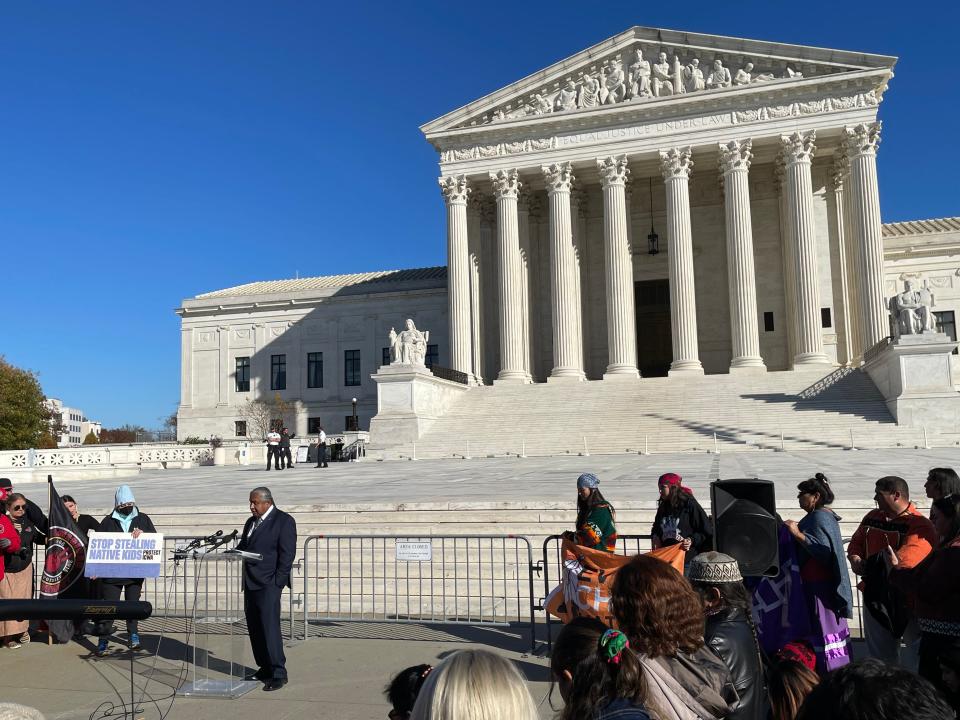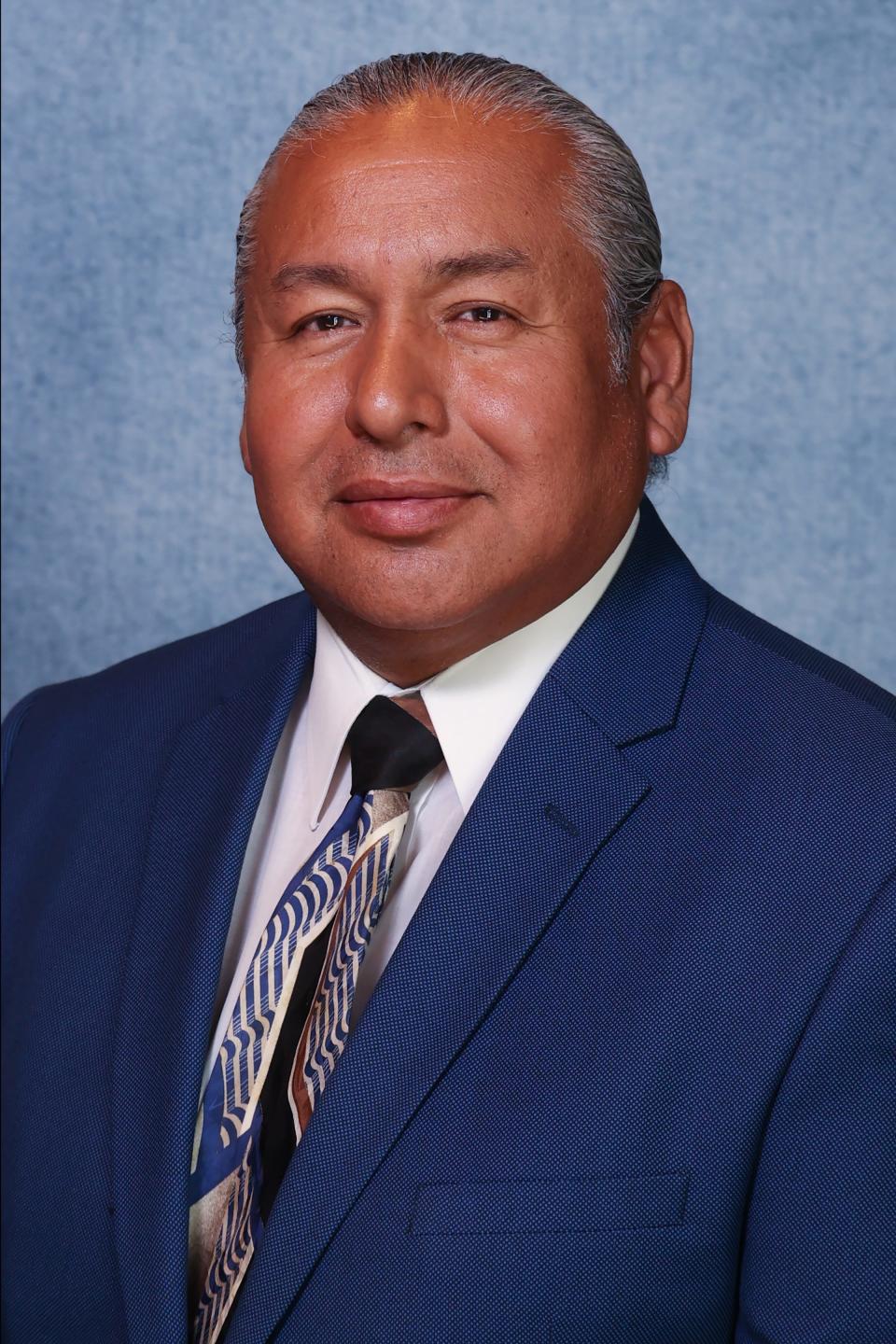Tribes must remain unified and vigilant despite Supreme Court victory
The U.S. Supreme Court’s recent decision in Haaland v. Brackeen upholding the constitutionality of the Indian Child Welfare Act (ICWA) was a momentous victory for tribes, tribal families and Indian children in California and beyond.
The ruling means tribes will continue to have a guaranteed role in adoption and foster proceedings to ensure the best outcomes for our children. It also avoided what many feared would be a disastrous outcome for tribal sovereignty extending far beyond child welfare.

The Morongo Band of Mission Indians deeply appreciates our partnership with the Cherokee Nation, the Navajo Nation, the Oneida Nation and the Quinault Indian Nation in defending ICWA in federal court and before the Supreme Court.
Although our legal arguments were strong and backed by decades of case law affirming ICWA’s constitutionality, this outcome was anything but certain. History is littered with rulings and political decisions that – regardless of the law and the facts – limit tribal rights, ignore our legally-binding treaties or break decades-old promises.
So even as we celebrate, tribes cannot ignore the attacks on our sovereignty still to come. We should now take the opportunity to examine why, in this critical case, we prevailed.
Across the nation, tribal support for ICWA was all but unanimous. Nearly 500 tribes – including all 109 tribes in California – and over 60 tribal organizations filed briefs with the court supporting ICWA. They were joined by the California attorney general, bipartisan members of Congress, state officials, legal scholars and medical experts whose legal briefs warned against overturning the law.
This unanimity painted a clear picture: those most concerned about the health and safety of Indian children and most familiar with the adoption process are ICWA’s strongest supporters, justifying its reputation as the “gold standard” for child welfare laws.
Attacks on ICWA also sought to undermine the basic principles of tribes as sovereign nations, and of Congress’s authority to pass legislation concerning our people. I am tremendously grateful for everyone who helped ensure the justices were aware that such a ruling would not only cause tremendous harm, but be inconsistent with legal precedent and the U.S. Constitution.
In his powerful concurrence, Justice Neil Gorsuch laid out the tragic history of Indian children removed from their families and their cultures, which led to ICWA’s passage 45 years ago. He also gave a stark reminder, writing “Often, Native American Tribes have come to this Court seeking justice only to leave with bowed heads and empty hands. But that is not because this Court has no justice to offer them.”
We must keep that history in mind as we remain constantly vigilant for any attempts to restrict our rights.
Justice Gorsuch also made a point that all tribal leaders hold dear: “Our Constitution reserves for the Tribes a place—an enduring place—in the structure of American life. It promises them sovereignty for as long as they wish to keep it.”
Those who sought to destroy ICWA would be wise to keep those words in mind the next time they seek to limit tribal rights. But should they not, I know hundreds of tribes will once again stand strong to protect our sovereignty.
Charles Martin serves as the elected Tribal Chairman for the Morongo Band of Mission Indians in Cabazon, California. Elected in 2021, Chairman Martin works with the Morongo Tribal Council to oversee all aspects of Tribal operations on the 36,000-acre Morongo Indian Reservation, including management of the Morongo Tribal Government and of the Tribe’s diverse business enterprises in gaming, energy, hospitality, recreation, finance, manufacturing, and retail. He can be reached at lbroderick@morongo-nsn.gov

This article originally appeared on Palm Springs Desert Sun: Tribes must remain unified and vigilant despite Supreme Court victory

